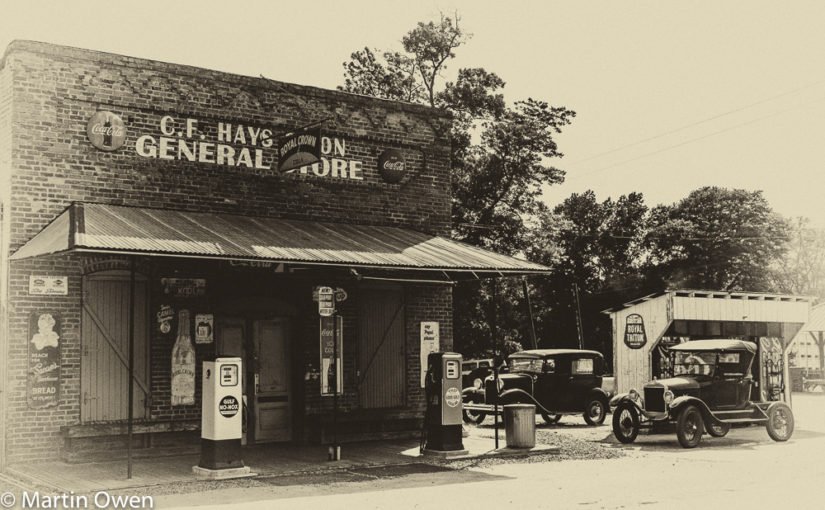When we think tourism here on the northern Gulf Coast, we automatically default to sugar white sand and emerald green water. Why wouldn’t we? We have some of the best beaches in the world. The trouble is the tourists only tend to see the part of our counties that are within two miles of the beach. The effects of tourism spread far inland, though, as many of us involved in the tourism industry live away from the beach and consequently spend income within inland communities. Incidentally, that’s another benefit of tourism that’s not often recognized.
Last year we went on a short road trip to Georgia, to an area north of Atlanta. I wrote about the trip on my blog – http://ow.ly/KgHL3083iem. We took the back roads avoiding as many towns as we could. It was here that what’s termed agritourism was evident. What may not be obvious is that tourists travel for many reasons, and we’ll cover some of these in the future – cultural tourism, ecotourism, heritage, historical and medical tourism to name a few.
There is a current movement to preserve the rural way of life in Florida. Despite the impression that the Sunshine State is the theme park and beach capital of the world, agriculture is vital to Florida. Farm cash receipts from marketing Florida agricultural products in 2012 amounted to $8.22 billion.
Florida has a vibrant agritourism business (http://visitor.visitfloridafarms.com) as does Georgia (http://georgia-agritourism.org), which offer everything from pick-your-own to farm-stays. Many farms we passed in Georgia had signs offering “on farm accommodation.” There also are farm visitor centers, many boasting restaurants, souvenir stores and produce outlets – all activities that generate new income for the rural communities.
Do we promote agritourism here in Northwest Florida? Well, not really.See the rest of the article HERE.







